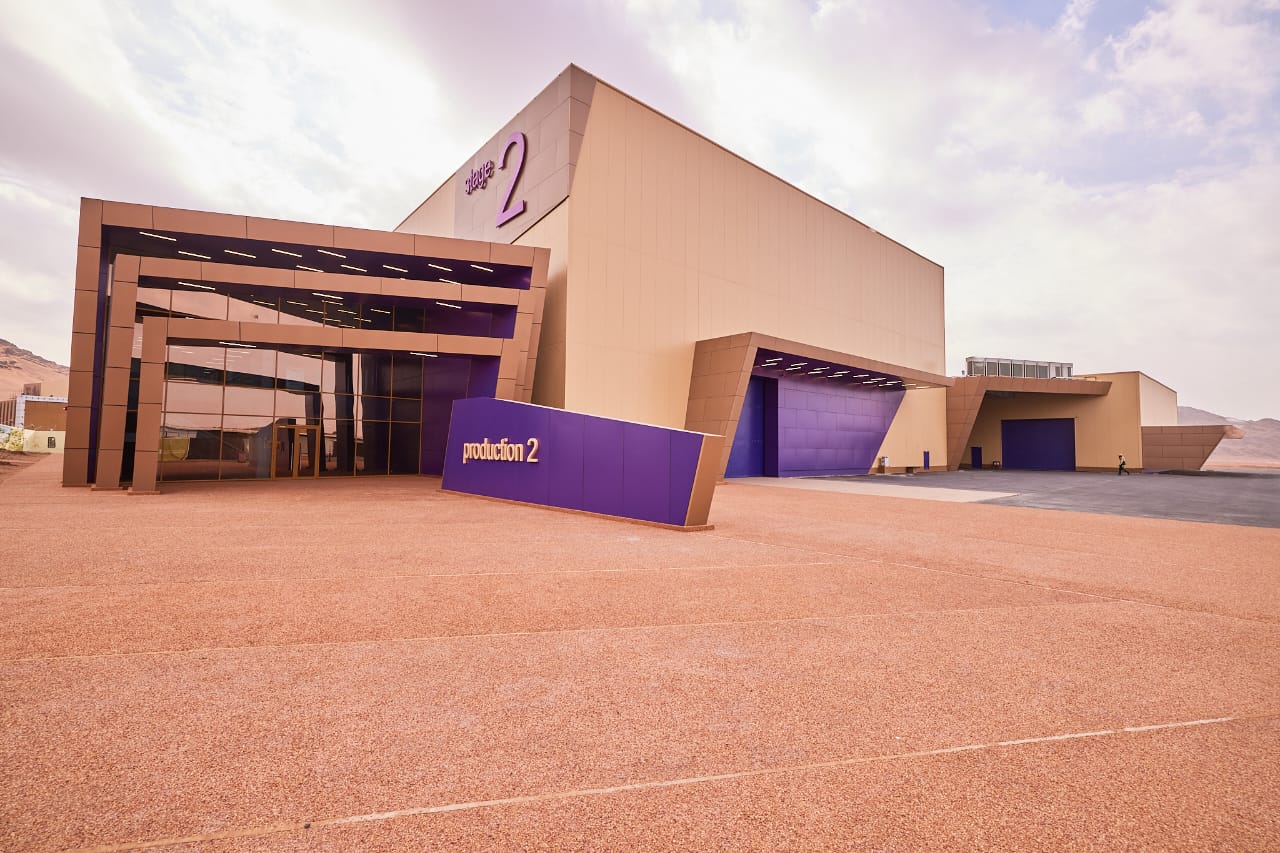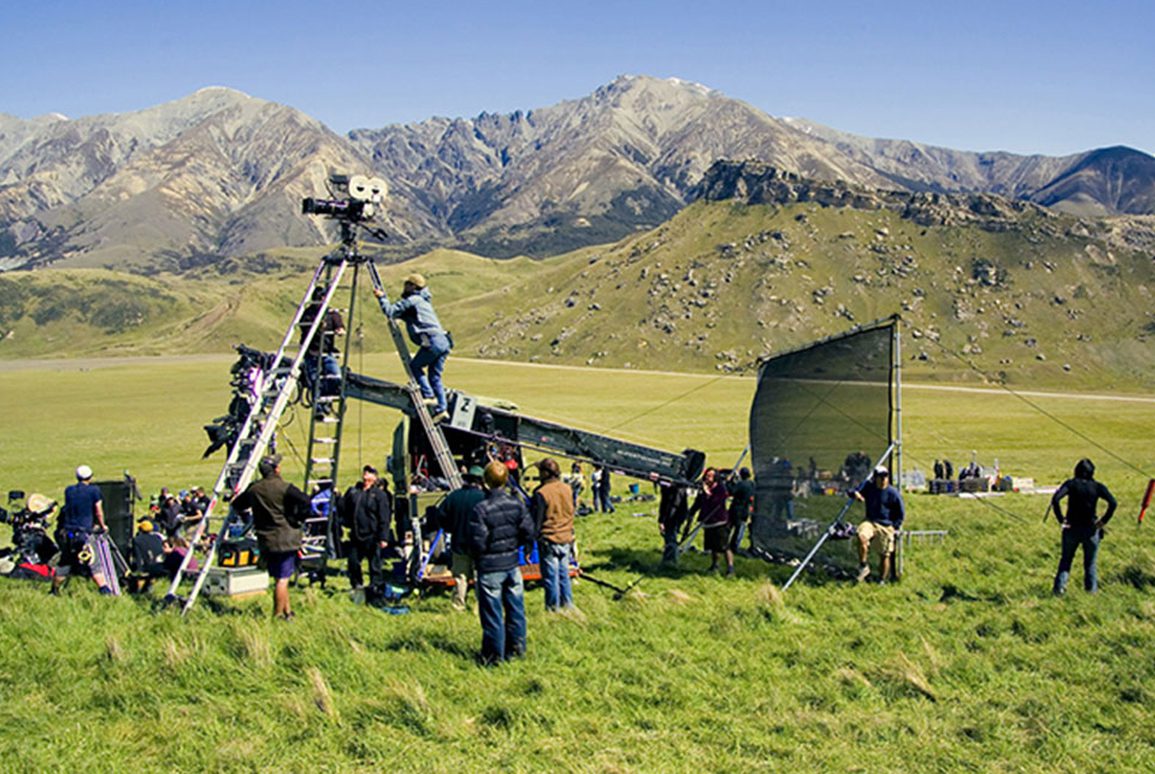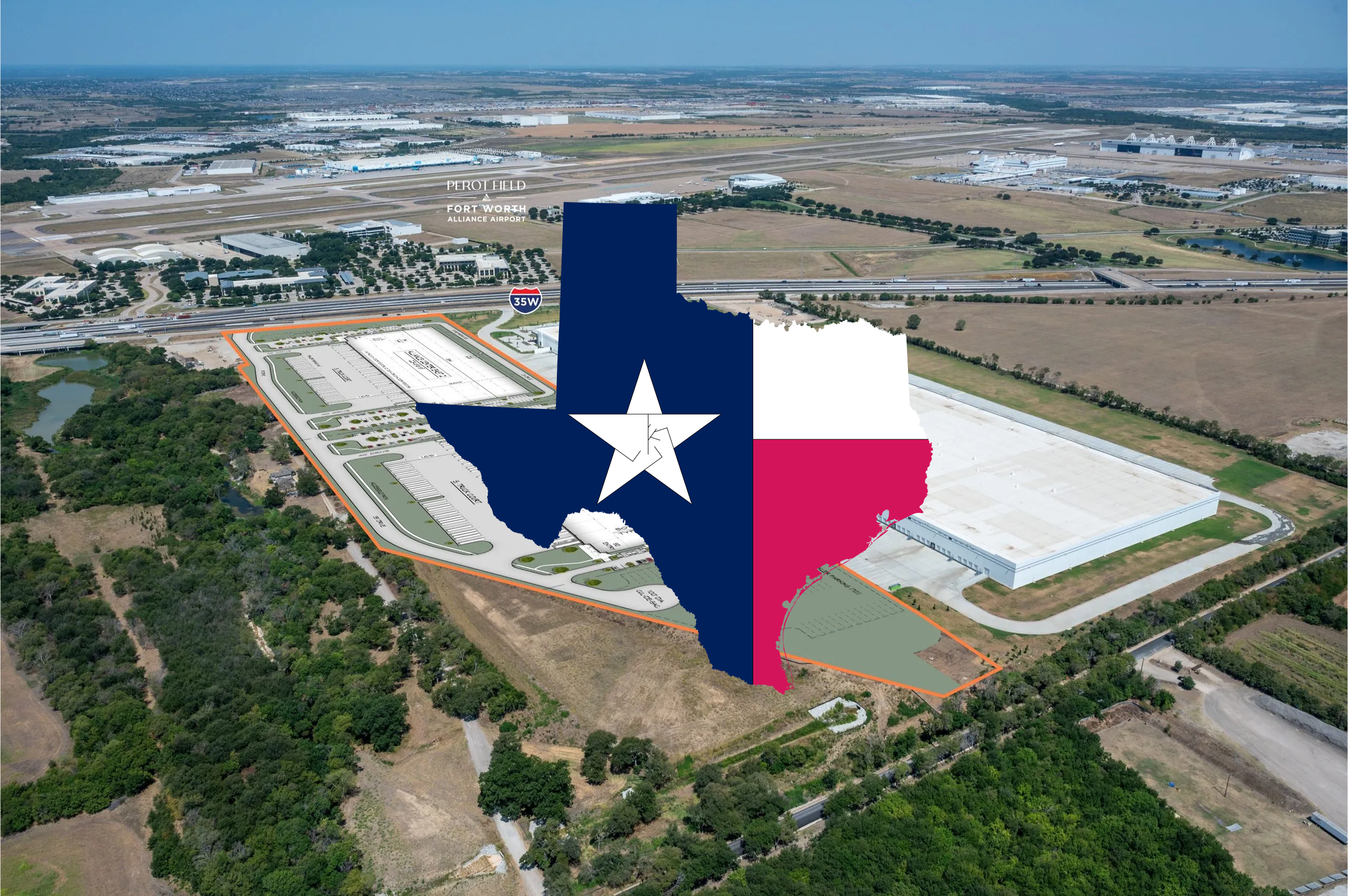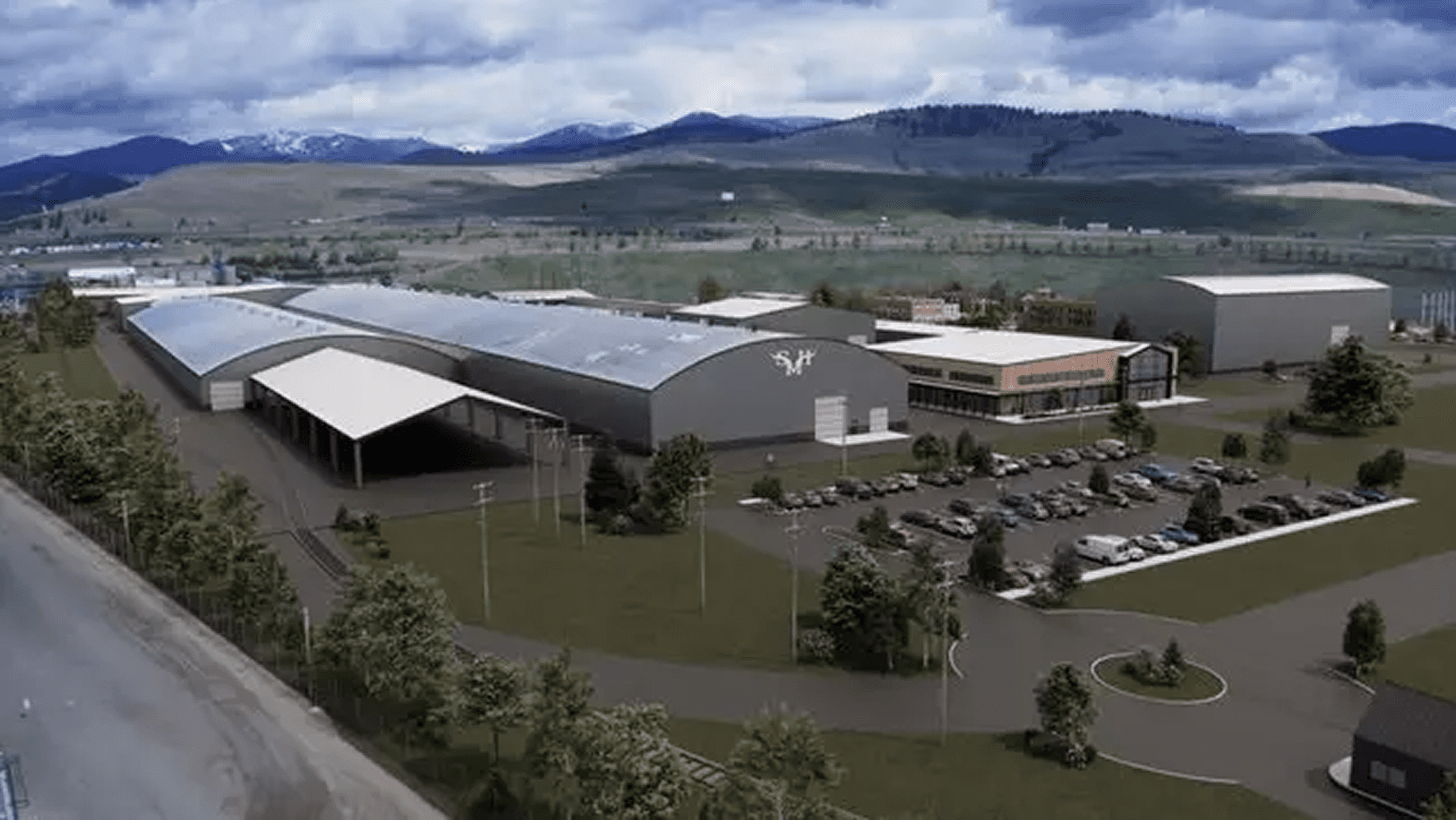
- May 18, 2025
How Saudi Arabia Went From Zero to 800 Screens in Six Years
Facebook
Twitter
LinkedIn
Threads
Email
Latest Blogs
May 18, 2025
Pilot Season Is Dead But Maybe It Shouldn’t Be
Related News
- May 19, 2025
At a time when the race to attract international production has never been more competitive, Les Studios de Paris is thinking beyond soundstages—and positioning itself as a full-service command center...
- May 18, 2025
The sound of a wrecking ball smashing through a decommissioned military building in Eatontown, New Jersey, might not seem like a milestone moment in Hollywood history. But it is. Because with that sym...
- May 18, 2025
As the curtain falls on the 2025 Upfronts—a glitzy blur of NFL tie-ins, AI-powered ad tools, and reality shows about reality shows—it’s hard not to feel a pang of nostalgia. There was a time when this...
- May 16, 2025
The Welsh film and TV sector is delivering on its promise as one of the UK’s rising production hubs, with HBO and BBC’s Industry returning to Cardiff for Season 4. Produced by the Cardiff-based powerh...
- May 16, 2025
As U.S. President Donald Trump rolls out a controversial 100% tariff on films made outside the U.S., countries across the globe are scrambling to retain Hollywood’s business. New Zealand isn’t blinkin...
- May 15, 2025
Texas is throwing down the gauntlet in the global content race. With a proposed $2.5 billion statewide film incentive plan(passed through the Senate, but not yet the House) and a major new studio deve...
- May 15, 2025
Montana just planted a flag in the middle of the production map.
In a bold move that blends Broadway pedigree with small-town grit, a group of entertainment investors has announced The Studios @ Stor...
- May 13, 2025
Rams owner and billionaire developer Stan Kroenke is placing a high-stakes bet on the future of production in Los Angeles with the announcement of Hollywood Park Studios — a major new soundstage and o...
- May 13, 2025
The Royal Film Commission of Jordan has unveiled a revamped and competitive cash rebate program, positioning the Kingdom as one of the most attractive filming destinations in the Middle East—and perha...
- May 13, 2025
After a near miss that left the Louisiana film industry holding its collective breath, the state’s film tax credit program has officially survived. The incentive that helped birth hits like Sinners, C...















